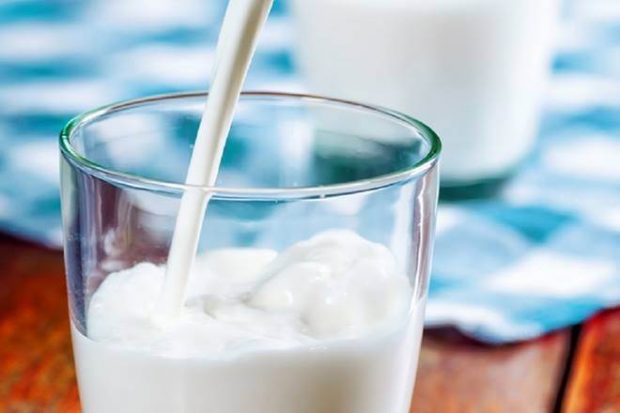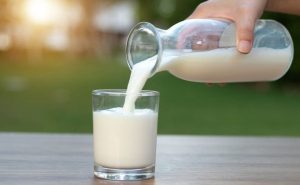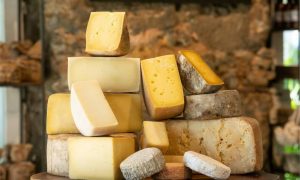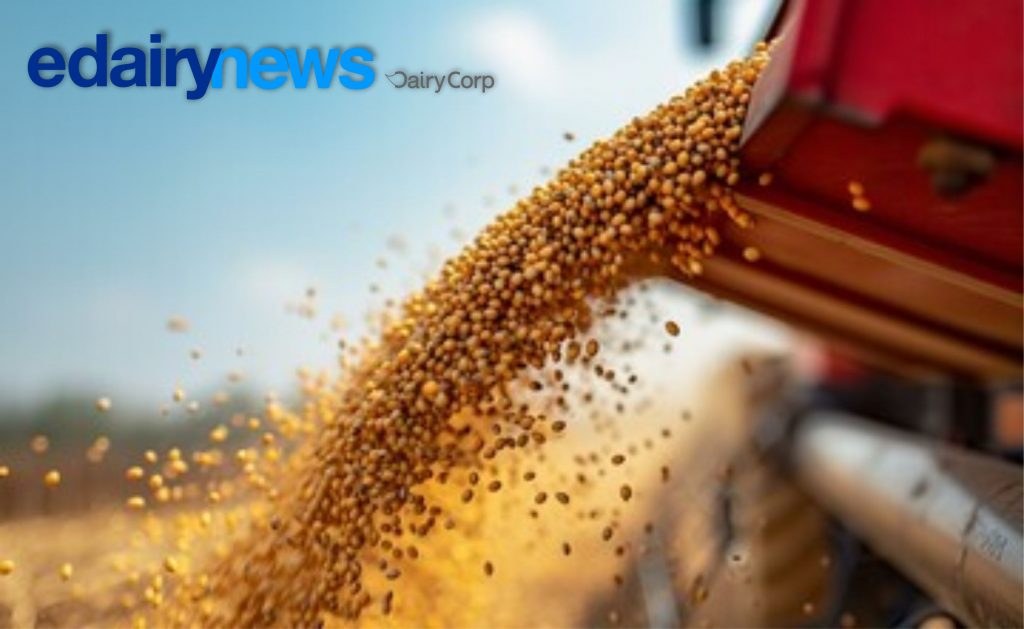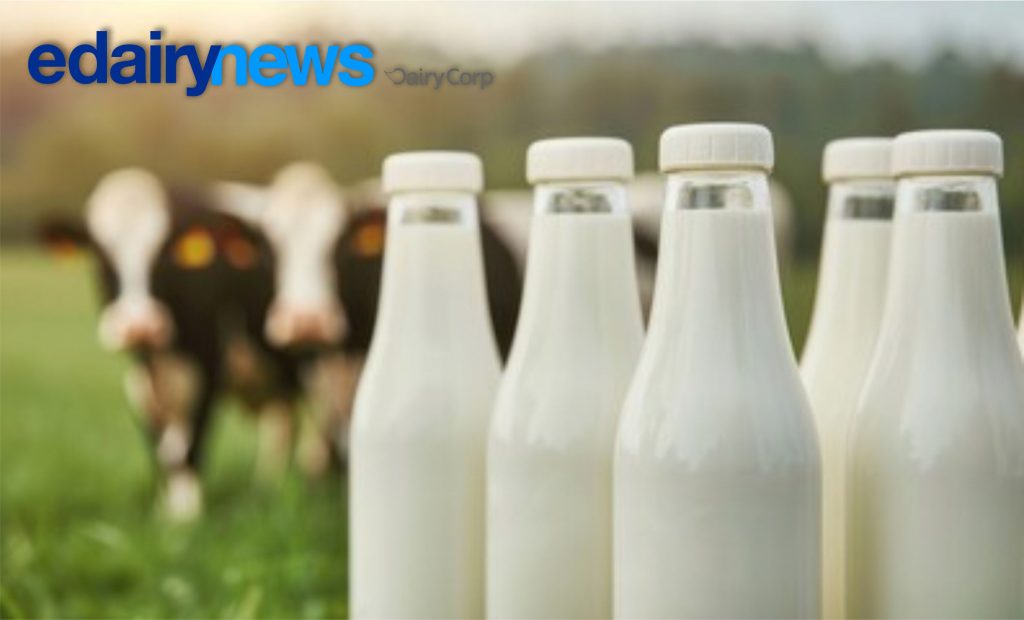The Maahi Milk Producer Company, owned by over 1 lakh farmers in eight districts of Gujarat’s Saurashtra and Kutch regions, has concentrated on safeguarding producers’ interest—economic and health—since the March 2020 lockdown. Dairy farmers are both owners and first stakeholders of the company. With 11 producers on the 15-member board of directors, the company’s values clearly drive the board’s governance structure and its implementation through its executives, particularly in the midst of an unparalleled pandemic in the history of the seven-year young producer company. It should be remembered that Gujarat’s first Covid-19 case was cited in Rajkot, where Maahi has its registered office.
Procurement being its core activity, the farmer-owned company has clearly set out eligibility criteria for dairy farmers to become members and retain ownership of the company. These clearly defined criteria have been the backbone of all the decisions taken by the company with regard to membership. These criteria have served to keep the company focused on member advantages during the good times and continue to hold good, even during the pandemic. With the downstream shrinking and upstream swelling, when the company had to match procurement with downstream requirements, this very set of criteria came to its rescue.
The company has leveraged its existing technological strengths through a mobile app for members to stay connected with members. Village-level dairy farmers’ representatives, known as the Village Contact Group, interact regularly with field functionaries, who update members about the company’s actions through videoconferencing or video calls and the like.
In order to ensure the safety of dairy farmer members, the company has provided all the services required for sanitisation at the milk pooling point. Member awareness programmes have been organised to help the members understand and adopt the practices related to the maintenance of social distancing, hand hygiene and so on.
Messages in the local language have been communicated via YouTube over WhatsApp and the company’s member connect app to guarantee effective communication. An app was created for employees at the pooling point, to stay linked to ensure that they take care of themselves and the milk collection process. Milk collection begins early in order to prevent crowding. This has not only led to the early closure of the collection, but also to an improvement in the microbial standard of the milk collected. Besides taking care of the company’s primary stakeholders—dairy farmer members—Maahi has offered support to other stakeholders. Early during the lockdown, Maahi began supplying tanker drivers with sanitisers to ensure their safety and that of the milk they carried from milk pooling points to processing facilities. The company set up kitchens and hired cooks at the BMCUs (Bulk Milk Chilling Units) to feed tanker drivers. Drivers also had packed meals for the journey.
To facilitate customers, the company developed innovative solutions including receiving orders through a company mobile application ‘Milk on Mobile’ as well as an exclusive WhatsApp number to service these orders via home delivery. Needless to say, with the ‘new normal’ bringing about a whole new set of challenges, behavioural tools like sanitisation, ensuring social (physical) distances, and the donning of masks, gloves and aprons are firmly in place throughout the supply chain right up to the point of purchase. The company began communicating frequently with all the channel partners about the new norms to be embraced in the wake of the pandemic.
The channel partners have been specifically monitored for safety practices through the compilation of visual evidence. We need to remind our readers that sales had to be concluded during the initial lockdowns within 120 minutes with all the necessary precautions in place. In this situation, the company accorded the highest priority to safety. As the head of Sales and Marketing (Maahi) says, “Safety has been the primary concern, and even if sales volumes are not achieved, there is no compromise on ensuring safety.” New practices, including company delivery vans or home delivery distributors, have helped the company make sales.
A sense of satisfaction is visible on the face of the CEO YM Patel when he says that there has not been a single case of Covid-19 infection anywhere across the entire supply chain, starting with producer member to the retailer. At the same time, he also expressed his anguish for the milk holidays the company had to declare, keeping in view the long-term business continuity.
In its war against Covid-19, the company is ably supported by its committed and competent employees. Ongoing induction and other training programmes have been curtailed to stop people from gathering as soon as details about the Covid-19 infection began emerging. The HR function shifted its focus to ensuring the safety of stakeholders through virtual awareness programmes. Work from home, wherever possible, was implemented. While the company concentrated on stakeholder safety and maintaining business continuity, department heads were encouraged to make people-related decisions in their work areas and other resource obligation decisions. In order to ensure business continuity, Maahi has moved its key functionaries to three different locations so that operations can continue uninterrupted should one location require closure.
Employees across all levels of the company showed magnanimity by forgoing their annual performance-linked incentives and working beyond the call of duty. The company has reciprocated by appreciating these employees, providing them with the requisite tools and encouraging them to make decisions for their protection and that of Maahi’s stakeholders. The previous formal protocols gave way to increased empowerment and decentralisation to ensure that both workers as a team and the company respond effectively to the pandemic challenges.
Transparent operations, concern for members, locally-relevant innovation and committed employees continue to attract dairy farmers to apply for membership of the company even in these times of crisis.

